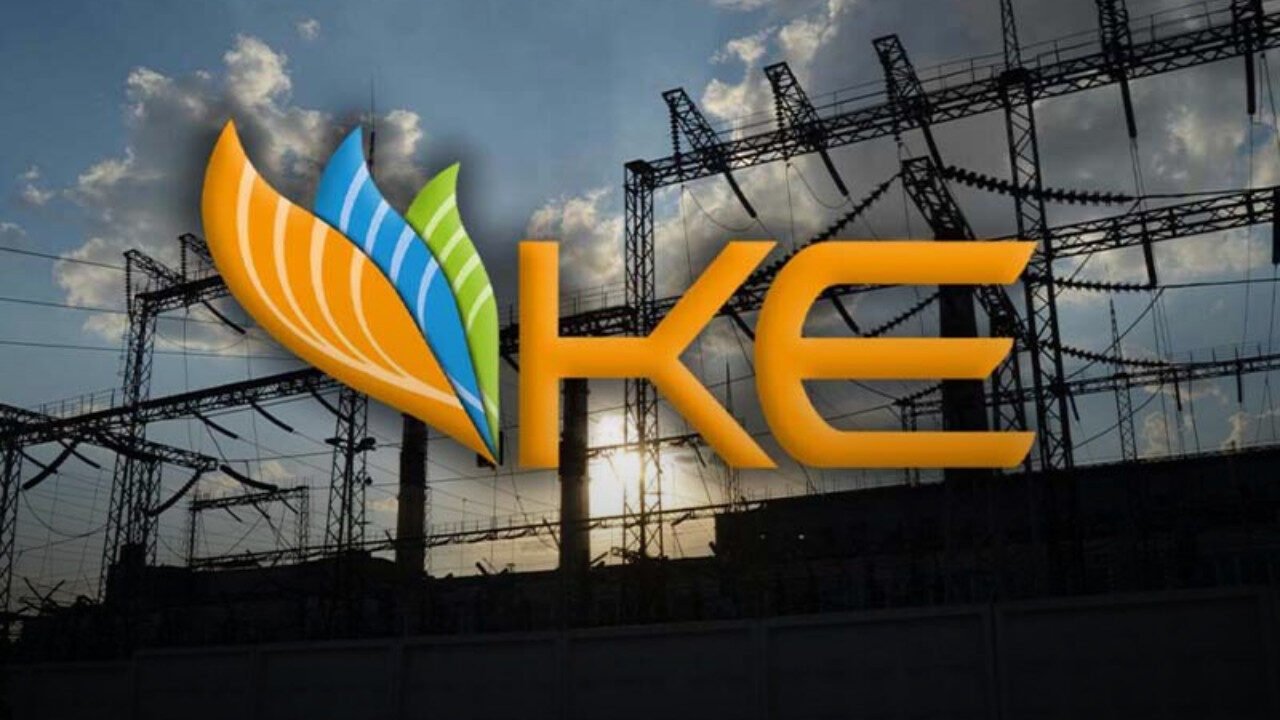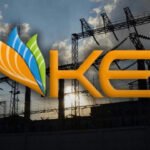By Ahmed Khan
A wave of frustration is spreading across Karachi’s industrial sector as businesses claim they are getting no real relief from K-Electric tariff revision under the newly approved Multi-Year Tariff (MYT). Despite official claims of a tariff reduction, factory owners say their power bills tell a different story.
NEPRA’s Decision and Its Limited Impact
The recent tariff revision was meant to lower K-Electric’s average power rates for the 2024–2030 period. But industrialists argue that the so-called reduction exists only on paper. According to them, there’s no visible difference in their actual costs.
Rising Costs and Hidden Charges Continue to Burden Industries
Many business owners say the changes approved by the regulator bring no genuine comfort to the already struggling industrial sector. With rising energy prices, power shortages, and an unreliable grid, they say running factories in Karachi has become increasingly difficult.
Adding to their frustration are several hidden costs. Despite the downward revision, adjustments like fuel cost adjustments (FCA), quarterly variations, and other service charges continue to push up total bills.
Industrialists say that once these extras are added, the per-unit electricity rate remains nearly the same—or in some cases, even higher—than before.
K-Electric Tariff Revision Draws Criticism from Industry Leaders
Karachi’s industries, especially those producing goods for export, are under mounting pressure. Their global competitiveness is shrinking because higher input costs are eating away profits. For them, energy prices are a major factor in survival, and without genuine reductions, they fear losing ground in international markets.
Speaking to this reporter, Rehan Javed, Convener of the Energy Committee at the Korangi Association, said the National Electric Power Regulatory Authority’s (NEPRA) review of K-Electric’s MYT offers little to no advantage for the city’s power consumers.
“According to NEPRA’s decision, K-Electric will recover the negative Fuel Cost Adjustments it passed on to consumers last year,” he explained.
He added that K-Electric customers are now set to shoulder an extra Rs30–40 billion in FCA charges for 2023 and 2024. “The losses of other distribution companies are absorbed into the government’s circular debt and later added as surcharges. But for K-Electric, those losses directly impact investors, which ultimately affects consumers too,” he said.
Industrial Associations Warn of Worsening Crisis
Sharing similar concerns, Sheikh Muhammad Tehseen, President of the Federal B Area Association of Trade and Industry (FBATI), said the new FCA charges would place yet another Rs30–40 billion burden on Karachi’s electricity users. “The government had promised to reduce electricity tariffs by working with Independent Power Producers to offer relief. But NEPRA’s latest move goes against that very promise,” he stated.
He pointed out that Pakistan’s exports could grow significantly if production costs were reduced, particularly through lower energy and utility charges. According to him, cheaper electricity is not just a relief for industries—it’s essential for national growth.
Karachi’s Business Leaders Call for Genuine Reforms
Meanwhile, Syed Raza Hussain, an industrialist from the North Karachi Industrial Area, said the government’s current tariff policy unfairly targets Karachi, the country’s economic backbone. “Karachi’s industries and residents haven’t seen any of the promised relief. Instead, they’re facing a fresh round of tariff hikes,” he said.
He added that despite the official announcement of a tariff cut, most consumers will likely see no decrease in their electricity bills. “In fact, costs may go up again due to the higher fuel reference price. Any savings generated from these adjustments will end up helping the federal government—not the people paying the bills,” he said.
Author Profile
-
Ahmed Khan is a business journalist who specializes in Pakistan’s financial markets, corporate earnings, and economic policy.
With a keen eye for market trends and investor behavior, he breaks down complex financial developments into clear, insightful stories for everyday readers.





